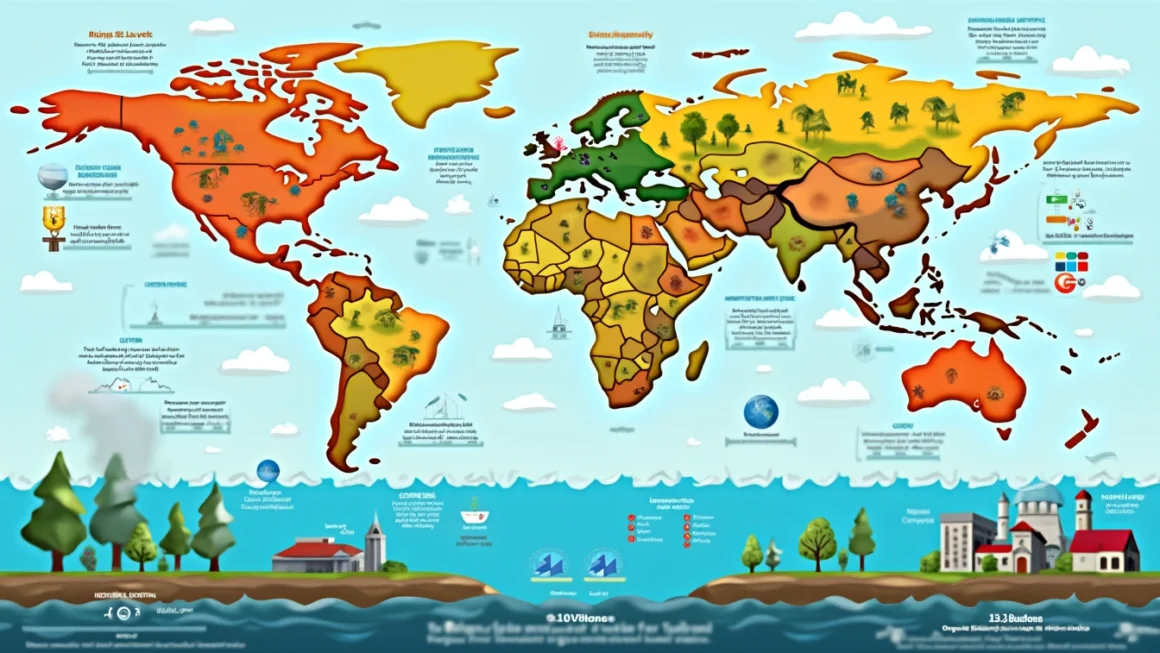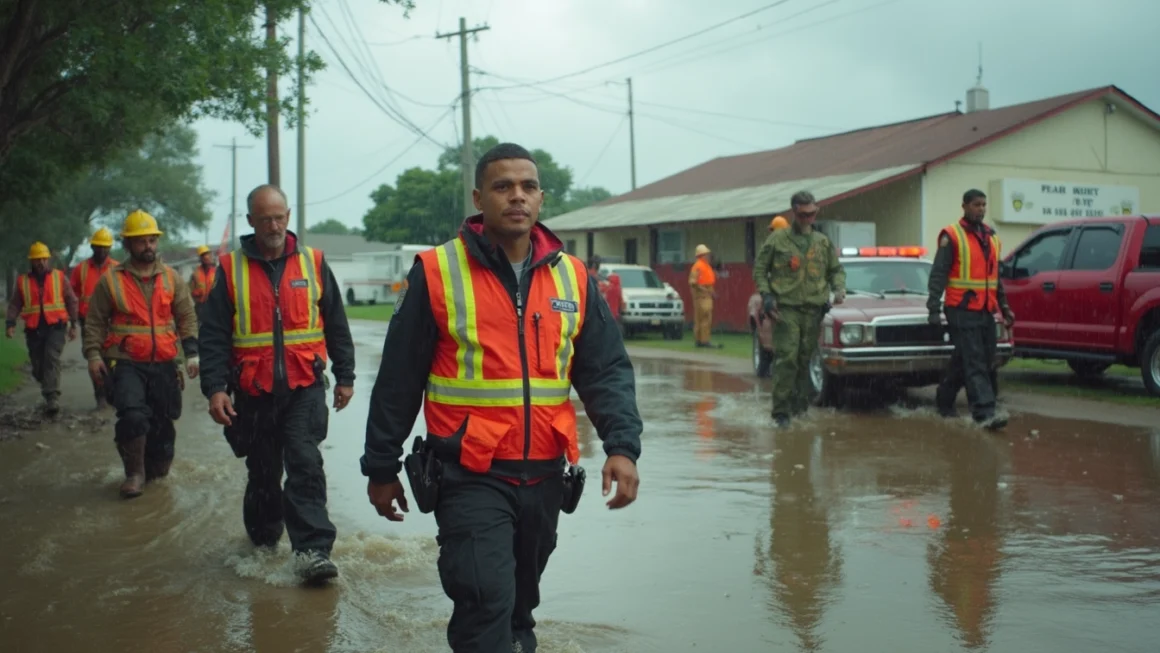Understanding the Impacts of Climate Change on Global Ecosystems
Table of Contents
Climate change has become a defining issue of our time, raising critical questions about its impacts on the global ecosystem. As we delve into this topic, it is essential to understand the effects of climatic variations on our environment and what they mean for our future.
The Science Behind Climate Change
The scientific consensus is clear: climate change is primarily driven by human activities. The burning of fossil fuels releases greenhouse gases, such as carbon dioxide and methane, that trap heat in the atmosphere. This process has led to a consistent rise in global temperatures, commonly referred to as global warming.
Key Effects of Climate Change
- Rising Sea Levels: Melting polar ice caps and glaciers contribute to rising sea levels, threatening coastal communities worldwide.
- Extreme Weather Events: Increased frequency and intensity of hurricanes, droughts, and floods disrupt ecosystems and human settlements.
- Loss of Biodiversity: Habitat loss and changing climates pose existential threats to many species, leading to biodiversity decline.
Impact on Human Societies
Climate change poses significant risks to human societies. Agricultural productivity is threatened due to changes in precipitation patterns and increased temperatures. This can lead to food shortages, impacting global food security.
Economic Consequences
The economic impact of climate change is profound. As natural disasters become more frequent, the cost of damage and recovery continues to rise. Furthermore, regions heavily dependent on agriculture and natural resources face economic instability due to changing climatic conditions.
Mitigation and Adaptation Strategies
Addressing climate change requires a multifaceted approach that includes both mitigation and adaptation strategies. Mitigation focuses on reducing greenhouse gas emissions, while adaptation involves adjusting to the effects of climate change.
Effective Mitigation Practices
Transitioning to renewable energy sources, such as solar and wind, is crucial in reducing dependency on fossil fuels. Promoting energy efficiency and supporting reforestation projects can also significantly lower carbon footprints.
Adaptation strategies include developing resilient infrastructure, improving water management systems, and adopting sustainable agricultural practices to withstand climatic changes.
Global Efforts and Initiatives
Global cooperation is vital in combating climate change. International agreements like the Paris Agreement aim to unite nations in reducing greenhouse gas emissions and limiting global temperature rise.
Moreover, grassroots movements and advocacy play a crucial role in raising awareness and prompting action against climate change at local and global levels.
Conclusion: Taking Action for a Sustainable Future
The impacts of climate change on global ecosystems are profound and far-reaching. As such, it is imperative for individuals, communities, and nations to take decisive action. By combining mitigation and adaptation strategies, transitioning to renewable energy, and fostering global cooperation, we can address the challenges posed by climate change and work towards a sustainable future.
Incorporating automation into your sustainability plans can enhance efficiency and effectiveness. Check out this platform to explore innovative ways to integrate automation into various processes.
Tackling climate change requires dedication but brings the promise of a better, more resilient planet for future generations. Let us all commit to making impactful changes today.




